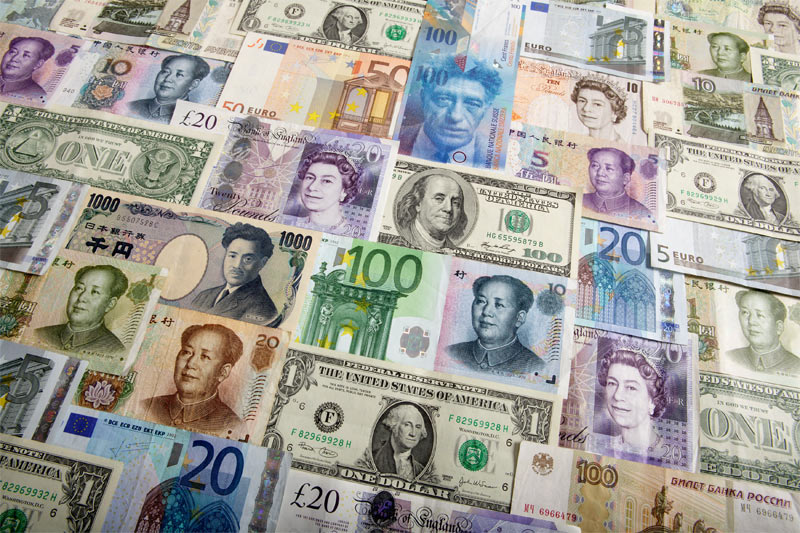(Bloomberg) -- Malaysia is set to cut its benchmark interest rate by a bigger-than-usual 50 basis points on Tuesday to help cushion the economy just as the government begins relaxing restrictions put in place to contain the coronavirus pandemic.
The central bank will lower the overnight policy rate to 2%, the lowest level since 2010, from 2.5%, according to 14 of 20 economists surveyed by Bloomberg. That would be the third reduction in a row and the biggest in more than a decade. Five analysts see a 25 basis-point easing and one predicts no change.
Bank Negara Malaysia’s rate decision comes a day after almost the entire economy was allowed to reopen, easing a lockdown that has cost the country an estimated 63 billion ringgit ($14.6 billion), according to Prime Minister Muhyiddin Yassin. Still, some states are deferring the move as new infections started to rebound over the weekend. Malaysia is set to fully lift its movement restrictions on May 12, almost two months after it was imposed.
The central bank has already unveiled a slew of measures to boost the economy, including a six-month loan moratorium and a financing guarantee program for small businesses.
Here’s what to watch out for in the statement:
Growth Estimates
The central bank last month estimated economic expansion for this year in a range of -2% to 0.5% growth, assuming the lockdown ended on April 14. A lot has happened since then. The government extended the Movement Control Order by another month and added more restrictions, including curfews, with each day costing the economy an estimated 2.4 billion ringgit.
With almost all sectors allowed to resume operations now, Trade Minister Azmin Ali expects the relaxed lockdown to spur growth and investment, as well as generate export prospects. CGS-CIMB Securities International Pte. revised this year’s growth forecast to a 4.3% contraction, from a 6% decline earlier, due to businesses reopening, according to a report on Monday.
What Bloomberg Economists Say
“Bank Negara Malaysia may cut its policy rate by 50 bps to 2.00% on Tuesday. The economic outlook has changed dramatically since BNM’s previous policy meeting on March 3. The coronavirus became pandemic, governments worldwide (including Malaysia) locked down their economies to contain the spread, and financial markets melted down in an historic fashion.”
Tamara Mast Henderson, Asean economist
More Stimulus
Malaysia’s stimulus package is the largest in Southeast Asia at 17.6% of gross domestic product, Kenanga Research said in a note. That hasn’t spared local businesses from struggling, with the agriculture and services sectors registering job losses amounting to 22% and 15% of their respective workforce, according to a Statistics Department survey in the first two weeks of the lockdown.
Muhyiddin has said his administration is working with the central bank and other agencies to prepare short- and long-term strategies to revive the economy. The Finance Ministry has also urged banks to waive additional interest on deferred payments.
The central bank could lower the statutory reserve requirement ratio again, from 2% currently, to boost liquidity and help support the banking sector, Wellian Wiranto, an economist at Oversea-Chinese Banking Corp., wrote in a research note.
Deflation Trend
Consumer prices declined for the first time in more than a year, dropping 0.2% in March from a year ago, on the back of falling transport costs. That’s within the central bank’s estimate for inflation to average -1.5% to 0.5% this year on lower global oil and commodity prices.
The figure marks the start of a deflation trend for 2020, according to United Overseas Bank (OTC:UOVEY) Ltd. economists Julia Goh and Loke Siew Ting. With an expected rise in unemployment and lower spending coupled with weak demand, Malaysia could be headed to its first annual deflation since 1969, they wrote.
©2020 Bloomberg L.P.

